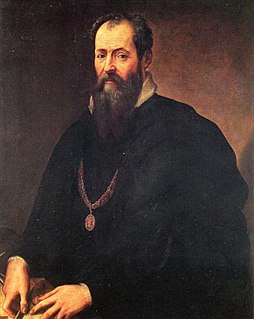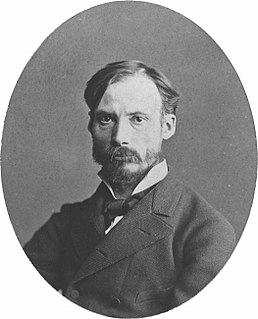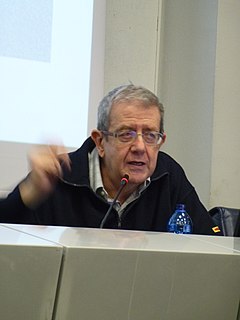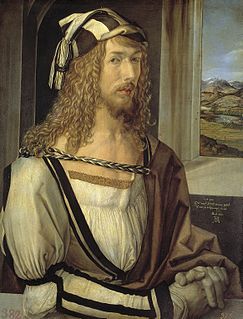A Quote by Sigmund Freud
Indeed, the great Leonardo (da Vinci) remained like a child for the whole of his life in more than one way. It is said that all great men are bound to retain some infantile part. Even as an adult he continued to play, and this was another reason why he often appeared uncanny and incomprehensible to his contemporaries.
Related Quotes
Leonardo da Vinci, one of the greatest creative thinkers of all time, strongly recommended the habit of meditation in the dark. He wrote: "For I have found in my own experience that it is of no small benefit, when you lie in bed in the dark, to recall in imagination, one after another, the outlines of the form you have been studying." He often awoke to find his problems solved. Da Vinci would often stand silent and motionless before a painting for hours, without using his brush, as though waiting for spiritual guidance.
Leonardo da Vinci had such a playful curiosity. If you read his notebooks, you'll see he's curious about what the tongue of a woodpecker looks like, but also why the sky is blue, or how an emotion forms on somebody's lips. He understood the beauty of everything. I've admired Leonardo my whole life, both as a kid who loved engineering - he was one of the coolest engineers in history - and then as a college student, when I travelled to see his notebooks and paintings.
When I ask myself what are the great things we got from the Renaissance, it's the great art, the great music, the science insights of Leonardo da Vinci. Two hundred years from now, when you ask what are the great things that came from this era, I think it's going to be an understanding of the universe around us.
An artist of understanding and experience can show more of his great power and art in small things roughly and rudely done, than many another in a great work. A man may often draw something with his pen on a half sheet of paper in one day . . . . and it shall be fuller of art and better than another's great work whereon he hath spent a whole year's careful labor.
The most important part about tomorrow is not the technology or the automation, but that man is going to come into entirely new relationships with his fellow men. He will retain much more in his everyday life of what we term the naïveté and idealism of the child. I think the way to see what tomorrow is going to look like is just to look at our children.
Can you imagine being Leonardo Da Vinci in the 1400s trying to describe his ideas for machines that would allow humans to fly to the average person of his time? This is hundreds of years before the invention of electricity, the internal combustion engine, and many other things we take for granted today.





































